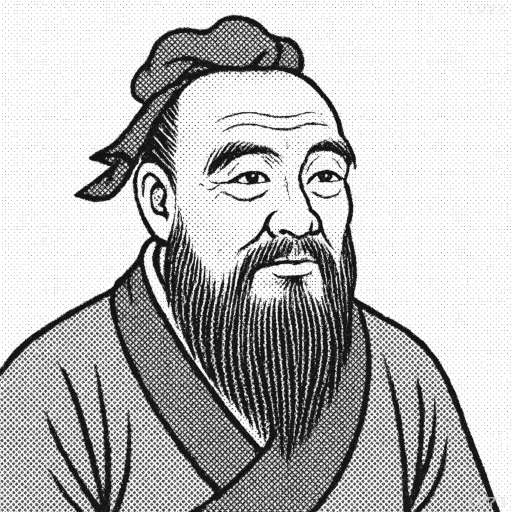“The superior man understands what is right; the inferior man understands what will sell.”

- 551 BC – 479 BC
- Han ethnicity
- Philosopher, educator, politician
table of contents
Quote
“The superior man understands what is right; the inferior man understands what will sell.”
Explanation
In this statement, Confucius draws a distinction between those guided by moral principles and those driven by material gain. A “superior man” focuses on ethical values, prioritizing what is just and fair, while an “inferior man” is motivated primarily by profit and popularity. Confucius regarded virtue as the foundation of true wisdom and believed that genuine success comes from integrity rather than chasing superficial rewards.
This insight remains relevant in today’s world, especially in fields like business, media, and politics, where the line between ethics and profit can blur. For instance, companies that prioritize sustainable practices and fair labor conditions may face higher costs, yet they contribute positively to society. Conversely, businesses focused solely on profit might cut corners, disregard ethical standards, or engage in misleading practices to boost sales. Confucius’s wisdom reminds us that while profit-driven actions may yield short-term rewards, ethical actions build long-term respect and trust.
Confucius encourages us to seek what is right over what is expedient. By valuing ethics over mere popularity or profit, we not only enhance our personal character but also create a society where virtue and justice guide decisions, fostering genuine success and lasting impact.
Would you like to share your impressions or related stories about this quote in the comments section?



